Here is HOW We Know Our Brains Can Change!
When thinking of raising kids, many of us share the same goal: to see our children happy and reaching their full potential. One of the most significant aspects of this journey is nurturing a child’s intellectual growth. After all, this impacts their social cognition, emotional independence and regulation, and academic wellbeing as well as their contribution to the world!
In this blog post, we’ll explore the fascinating work of Dr Merzenich, and how understanding brain plasticity can unlock new possibilities for our children and teens.
The Groundbreaking Neuroscientist
Dr Michael Merzenich is an impactful neuroscientist who has dedicated his career to studying brain plasticity. His research has absolutely transformed our understanding of how the brain adapts and changes in response to experiences and learning.
This work has profound impacts for the world of learning & education! Where we used to think that our intelligence and aptitude for learning were fixed, rigid structures, we now understand that our brains are highly dynamic and adaptable. We can rewire the way our brain’s process, store, and put out information!
Understanding Brain Plasticity
So what is it actually??
Brain plasticity, also referred to as neuroplasticity, refers to the brain’s ability to reorganize and form new neural connections throughout our lives. The brain remains malleable and capable of growth well into adulthood.
This ability allows us, our children, and our teens to adapt to new processes within our brain to receive, process and store information.
Applying Brain Plasticity to Child Development
Early Years Matter:
Not surprisingly, the brain undergoes its most significant period of development during early childhood. As parents of elementary-aged children, it’s imperative to provide a nurturing and stimulating environment during these formative years.
By exposing our children to various learning experiences and encouraging exploration,
Even More Important is Lifelong Learning:
Dr Merzenich’s work highlights that yes, early years matter, but of equal if not greater importance is continuous learning throughout life. Keeping the process of learning (taking in information, processing it accurately, storing it appropriately for efficient retrieval later) alive throughout life keeps those “cobwebs” away from the brain’s process of learning. Think of this as getting your oil changed in your car to keep it running smoothly.
Whether it is learning a new language, mastering a musical instrument, or taking up a new sport, the brain benefits from taking on unfamiliar processes to activate the learning process throughout life.
Embrace Challenges
As parents, it’s natural to want to protect our children from failure (this will actually be a later blog post — Learning to Fail!!!). However, Dr Merzenich’s research, backed by other neuroscientific discoveries, suggests that facing challenges and overcoming obstacles can be incredibly beneficial for brain development.
Instead of shying away from or shielding our children from difficulties, allow your children to navigate challenges as independently as it is safe to do so, as these experiences foster resilience and refine their cognitive abilities.
Foster a Growth Mindset
Dr Merzenich’s work aligns with the concept of a growth mindset, popularized by psychologist Carol Dweck.
Encourage your children to see intelligence and other abilities as qualities that can be developed through effort and perseverance, rather than something you’re born with and cannot change.
By instilling this growth mindset, we are empowering children to lean into and embrace challenges and remain dedicated in the face of the setbacks that are bound to be numerous!
Our Children & Teens Don’t Need to Carry the Weight of Academic Challenges
We have the incredible opportunity to continue shaping our children’s brains (and our own!) no matter the age. By exposing the brain to challenges and new experiences, training their brain HOW to learn instead of just memorizing content in school, and encouraging that growth mindset through challenges, we can unlock their full potential instead of watching them carry the weight of academic challenges throughout each stage of development.
So, let’s embrace the journey of nurturing young minds together and witness the incredible power of brain plasticity unfold before our eyes!
